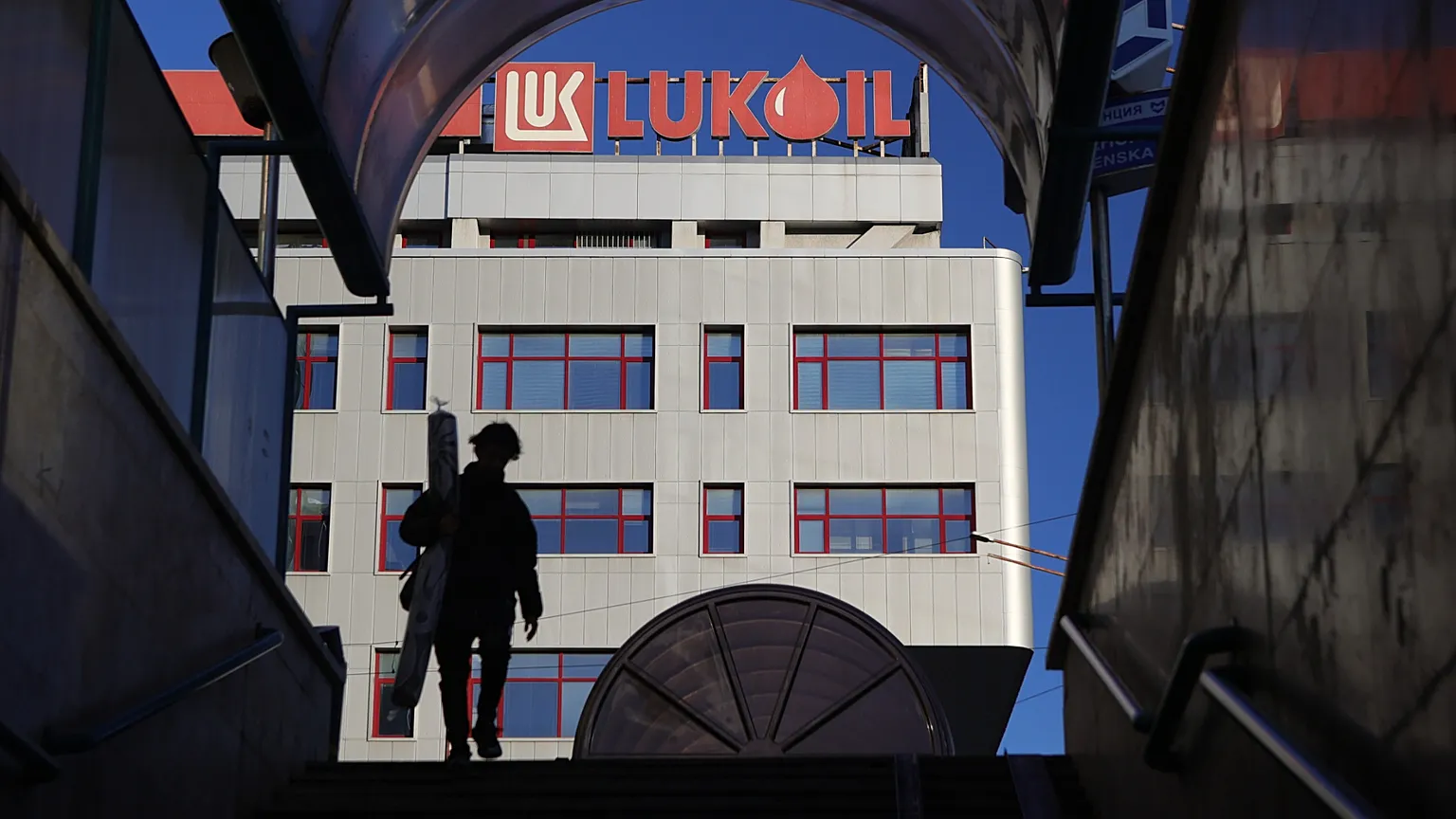Swiss energy trading company Gunvor Group has officially dropped its plans to acquire Lukoil’s assets, citing resistance from U.S. authorities as the primary obstacle. The decision underscores the geopolitical complexities and regulatory hurdles facing major energy transactions involving Russian companies, particularly in the context of Western sanctions and heightened scrutiny on global energy markets.
Background of the Deal
Gunvor, a Geneva-based energy trading powerhouse founded in 2000, had been in discussions to acquire a portfolio of refineries and upstream assets from Lukoil, one of Russia’s largest oil companies. The deal was seen as a potential opportunity for Gunvor to expand its European refining footprint and strengthen its supply chain amid ongoing volatility in global oil markets.
However, the proposed transaction immediately drew regulatory attention from the U.S. Treasury and other Western authorities, who scrutinize acquisitions of Russian energy assets for compliance with sanctions related to Russia’s invasion of Ukraine.
“While the deal made strategic sense commercially, the political and regulatory risk proved insurmountable,” said Michael Seelig, an energy markets analyst at Eurasia Group. “U.S. pushback essentially made the acquisition untenable.”
U.S. Resistance and Geopolitical Implications
Sources familiar with the negotiations told reporters that U.S. officials signaled they would block the deal, citing concerns that the acquisition could circumvent sanctions or provide financial benefits to Russian entities under current restrictions. This intervention reflects a broader U.S. policy approach of tightening oversight on energy transactions linked to Russia, particularly in the wake of sanctions imposed since 2022.
“The U.S. has made it clear that companies engaging in substantial business with sanctioned Russian entities risk enforcement actions, even if the transaction is executed through a non-U.S. company,” said Clara Hughes, a senior policy analyst at the Atlantic Council.
Gunvor, which does not publicly disclose all its asset acquisition plans, reportedly weighed alternative structures and sought clarifications from U.S. regulators. Ultimately, the company decided that proceeding would pose too high a risk, both legally and reputationally.
Impact on Gunvor and European Energy Markets
For Gunvor, abandoning the deal means postponing expansion plans in Europe, particularly in refining and storage operations. The company had aimed to capitalize on higher energy margins and strengthen its logistics network, but these ambitions now face delays.
European energy analysts note that the cancellation also affects the broader market by:
- Maintaining Lukoil’s existing market position without Western ownership intervention.
- Signaling caution to other energy traders and investors considering acquisitions of Russian-linked assets.
- Highlighting the increasing role of geopolitics in shaping strategic decisions within the energy sector.
“This is a cautionary tale for firms looking to operate in geopolitically sensitive regions,” said Hughes. “Even well-capitalized companies like Gunvor are not immune to political pushback.”
Lukoil’s Perspective
Lukoil has not publicly commented on Gunvor’s withdrawal but continues to seek opportunities to monetize or restructure some of its overseas holdings, particularly in Europe. Analysts suggest that while the withdrawal is a setback, Lukoil retains significant operational assets and partnerships in other regions not subject to U.S. sanctions.
The Broader Energy Context
The deal’s cancellation comes at a time of heightened volatility in global energy markets, fueled by fluctuating oil prices, geopolitical tensions, and supply chain disruptions. Europe, in particular, remains focused on energy security and diversification following Russia’s reduced gas exports in 2022-2023, further complicating transactions involving Russian energy companies.
“Deals like this are now as much about geopolitics as they are about market fundamentals,” said Seelig. “Even profitable acquisitions can be scuttled if regulators perceive a risk of sanction violations.”
Lessons for Global Traders
The Gunvor-Lukoil episode underscores a broader lesson for global energy firms: navigating geopolitical and regulatory landscapes is increasingly as critical as managing market risk. Companies must consider sanctions, political signaling, and international scrutiny when pursuing acquisitions, particularly in regions entangled in international disputes.
“Energy markets are global, but political borders and sanctions remain decisive,” said Hughes. “The Gunvor case is a stark reminder that business strategy must align with geopolitics.”
Looking Ahead
With the Gunvor deal off the table, attention now turns to other potential acquisitions in the European energy marketand how firms will structure deals to avoid regulatory complications. Analysts predict that transactions involving Russian assets will continue to face heavy scrutiny, and companies may increasingly turn to alternative growth strategies, such as partnerships or domestic European acquisitions, to expand their operations.
As energy markets continue to balance supply constraints, price volatility, and geopolitical risk, the Gunvor-Lukoil episode serves as a vivid example of how global energy strategies are inseparable from politics and international law.







